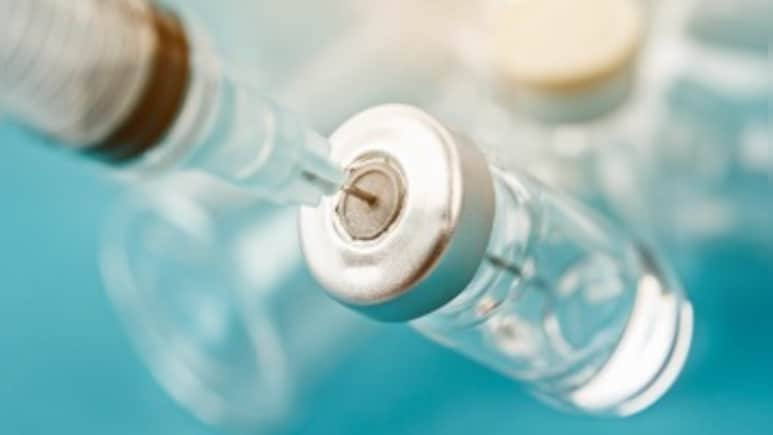
Nearly two years after Finance Minister Nirmala Sitharaman's Budget 2024 announcement to protect young girls from cervical cancer, the government's promise remains largely unfulfilled, an RTI reply has found.
The RTI reply from the Ministry of Health and Family Welfare has revealed that not a single concrete step has been taken to implement the HPV vaccination programme announced with much fanfare in Parliament.
The RTI, filed by social activist Chandrashekhar Gaur of Madhya Pradesh's Neemuch, exposes the gap between rhetoric and reality. The ministry's written response, dated October 23, admits that no file movement, meeting, memorandum, or implementation document exists for the scheme. There is no agreement with any vaccine manufacturer, no budget allocation, and no expenditure recorded so far.
The ministry's written responsestates, "Under the Universal Immunisation Programme (UIP), vaccines are currently administered against 12 Vaccine Preventable Diseases (VPDs). The HPV vaccine is not yet part of this programme. However, the Ministry of Health and Family Welfare has begun capacity-building exercises for medical and paramedical staff in preparation for the cervical cancer vaccination initiative."
The HPV vaccine has not yet been included in the Universal Immunization Programme, nor has any formal rollout begun.
"Did the government make this announcement in the pre-election Budget without any preparation?" RTI activist Chandrashekhar Gaur asked, whose application uncovered the lapse. "This failure is extremely disappointing and disturbing. It reflects the government's weak commitment to its own budgetary promise. With hundreds of new cervical cancer cases emerging daily and nearly 200 deaths every day, how long will the country have to wait for action?" he said.
India accounts for nearly 23 per cent of all cervical cancer deaths globally, according to World Health Organisation (WHO) estimates. When the Finance Minister announced in February last year, that girls aged 9 to 11 years would be "encouraged" to receive vaccination to prevent cervical cancer, it drew praise across political and public health circles. The statement was hailed as a breakthrough in women's preventive health, potentially saving thousands of lives annually.
Public health experts have expressed concern. Amulya Nidhi, National Convenor of Jan Swasthya Abhiyan (JSAI), said, "Despite the government's announcement last year, the HPV vaccine has not yet been included in the UIP. This vaccine has proven potential to prevent cervical cancer a disease that takes thousands of women's lives every year. The NTAGI had already recommended its inclusion in 2022. The delay is costing lives."
He pointed out that India's indigenous Cervavac vaccine has already passed regulatory standards and that the government should now move forward responsibly ensuring transparency, safety, and equitable access. "Every year of inaction denies millions of girls access to this life-saving protection," Nidhi said. "It's time for the government to walk the talk if it truly aims to eliminate cervical cancer by 2030."
The HPV vaccine's introduction had faced hurdles in India earlier. A 2009 demonstration project in Andhra Pradesh and Gujarat conducted with international partners was suspended after allegations of ethical lapses and inadequate consent.
While the Ministry of Health has reportedly begun preliminary "capacity-building" exercises for medical and paramedical staff, no timeline or rollout plan has been announced.
Track Latest News Live on NDTV.com and get news updates from India and around the world

